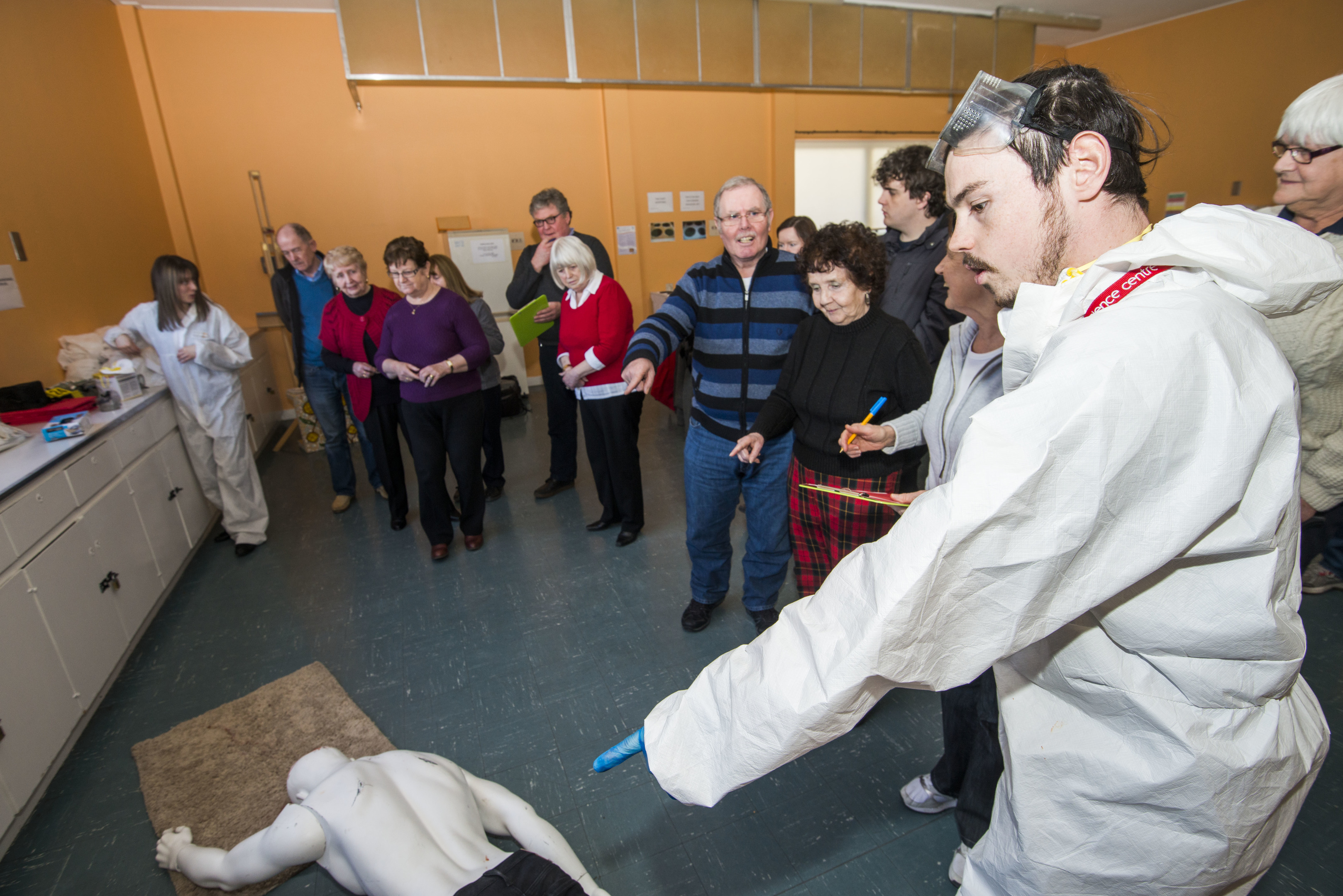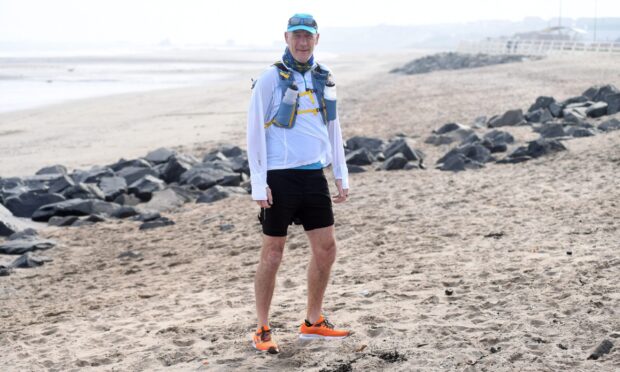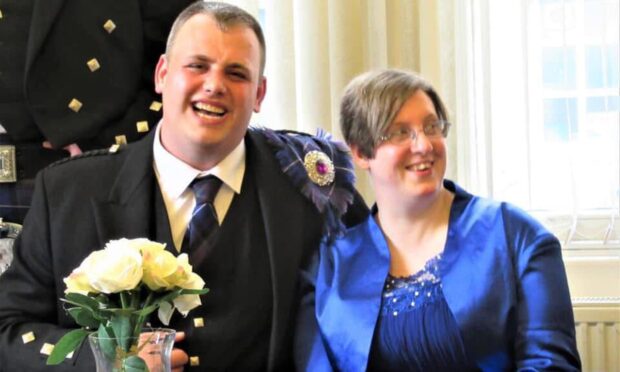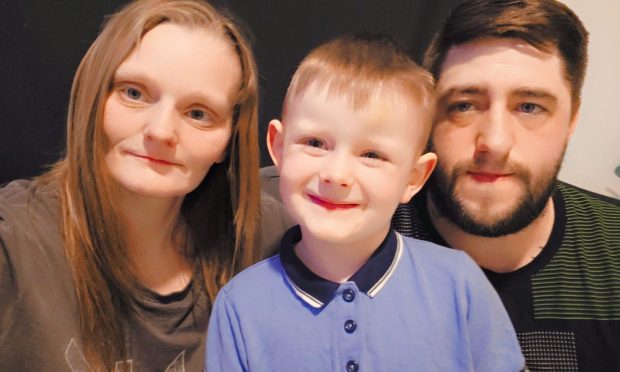A whodunnit-style programme is helping to prove that studying science need not be murder.
Dundee Science Centre is keen work with what are termed “hard to reach” audiences, offering tailored events in people’s areas.
One particular project which proved a huge success was the CSI forensic programme, which invited 20 community groups from across Dundee and Fife to experience life as a forensic scientist.
More than 200 people who had never visited the centre before or been involved in science learning visited Dundee and Abertay Universities.
The scheme had such an effect that some participants have since returned to college to study for a chemistry qualification, while others have asked to take part in the centre’s other learning programmes.
Organisers are also keen to get young minds thinking about science from an early age.
With that in mind, the centre has teamed up with local companies to support events such as Dreamnight at the Zoo, a free event for chronically ill and disabled children which allows them to enjoy the magic of being around animals.
It also offers a Golden Ticket, which gives free entry for families from areas classed as having high amounts of deprivation.
Rebecca Erskine, the centre’s community engagement manager, says: “We want people of all ages, all over Tayside and beyond, to be curious, confident and involved with science.
“We believe the best science centres are not simply visitor attractions.
“They are uniquely placed to link scientists and researchers with
the public and have the scope to
make significant impacts on people’s lives.”
The centre also holds activities in shopping and community centres, museums and parks across Courier Country.
For more information, visit www.dundeesciencecentre.org.uk
Science facts to wonder at
Standing 6ft 1in, the average adult male height in the Netherlands makes Dutch men the world’s tallest
About 70% of our planet’s fresh water supply is used in agriculture.
Insects are a possible food of the future. They are rich in nutrients and about two billion people around the world already eat them as part of their regular diets.
Koala bears have similar fingerprints to humans. So much so that they are a big problem for forensic scientists in Australia.
Fingerprints provide us with grip. When they are wet they don’t work. Scientists believe the reason your fingers go wrinkly when they get wet is to make up for this and allow you to grip things again.
Forensic science works because every contact leaves a trace so, whenever you come in contact with something, you leave a detectable part of yourself behind.
Your brain uses less power than your fridge light – just 12 watts.
It would take nine and a half years, non-stop, to read aloud a person’s genome base by base.










